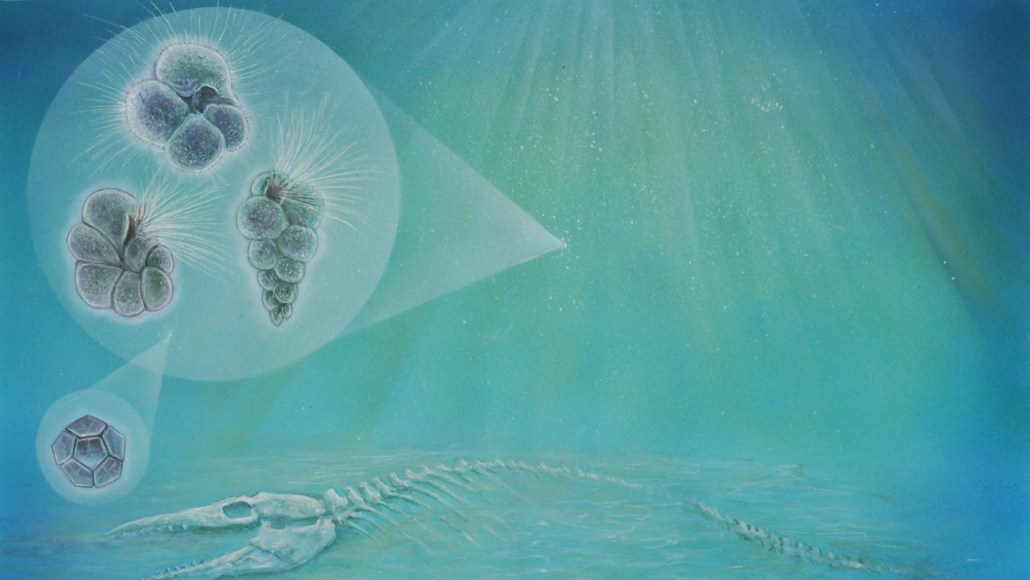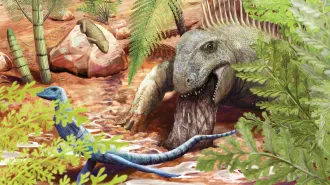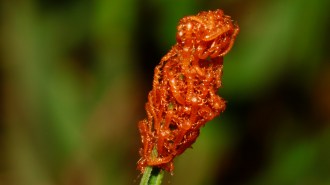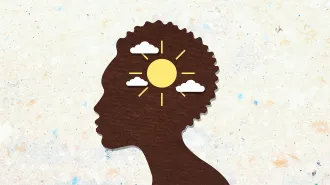
Oceans
Evolution didn’t wait long after the dinosaurs died
New plankton arrived just a few millennia — maybe even decades — after the Chicxulub asteroid, forcing a rethink of evolution's catastrophe response speed.
By Elie Dolgin










